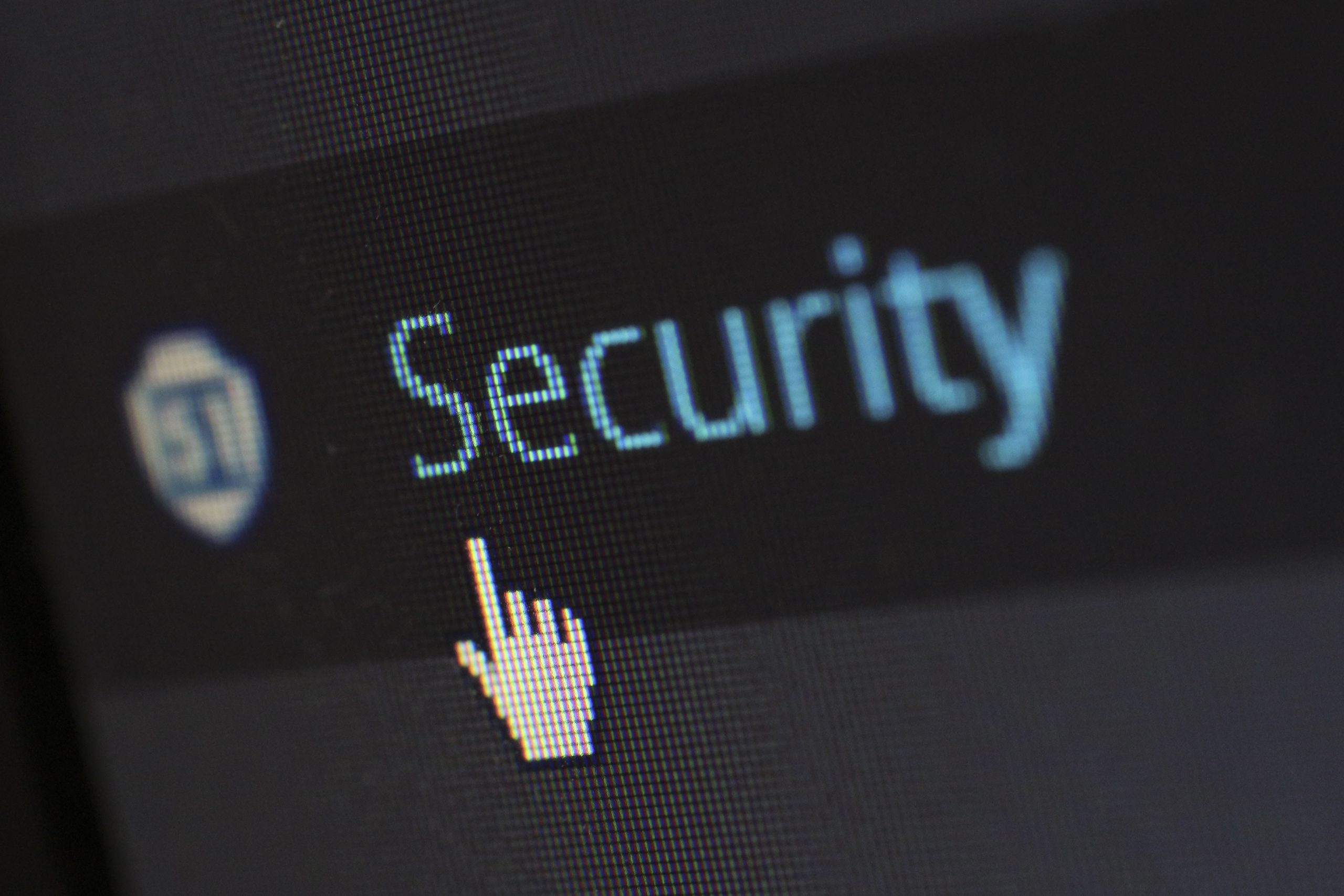Phishing scams are on the rise during the pandemic. Cyber criminals are good at playing on our emotions- they hit us when we are most vulnerable, influencing us to make choices that we normally would not.
In other words, they are preying on our concerns regarding the pandemic to lure us into opening their scams. These cyber threats will pose as they are being sent from a trusted entity so people are more likely to open the email.
During the pandemic, attackers are taking advantage of the fact that many employees have been working from their personal computers, often shared with family members, without the technical protections that their corporate networks often provide.
Many of these employees may be processing sensitive and potentially personally identifiable information (PII) without the protections that they receive from their IT department when they are working in the office, which leaves them vulnerable to cyber attacks.
A few common scams to look out for in the US are The Coronavirus Aid, Relief, and Economic Security Act. Cyber criminals will send phishing emails and text messages along with a link telling people they need to register on a website to receive payment. That is where they would fill in sensitive information.
Another phishing scam is a message designed to look like it comes from the White House with information on the outbreak such as “President discusses budget savings due to coronavirus with Cabinet.” They supply a link to what looks like an official government website with another link that downloads an infected Word document to the victim’s computer.
Even social media is seeing a huge rise in pandemic-related scams. A Facebook page is set up to look like a legitimate company and they post that they are giving a limited number of families one hour to shop for free in their store. All they need to do is like and share the post and along with that there are instructions to follow a link to confirm their entry in the giveaway. The link sends the victim to the website’s hosting malware or a questionnaire that promises hundreds of dollars in coupons if they fill out a survey.
Please keep in mind the following when receiving a suspicious email. First, the scam may look like a trusted entity such as the CDC or WHO. Second, phishing campaigns have used techniques where the subject line of the email may be offering new information on COVID-19 such as Coronavirus Updates or 2019-ncov: New confirmed cases in your city. Third, never open an attachment from an email when you are unsure of the sender as it may release malware into your system. When in doubt, it is best practice to not open the email.

